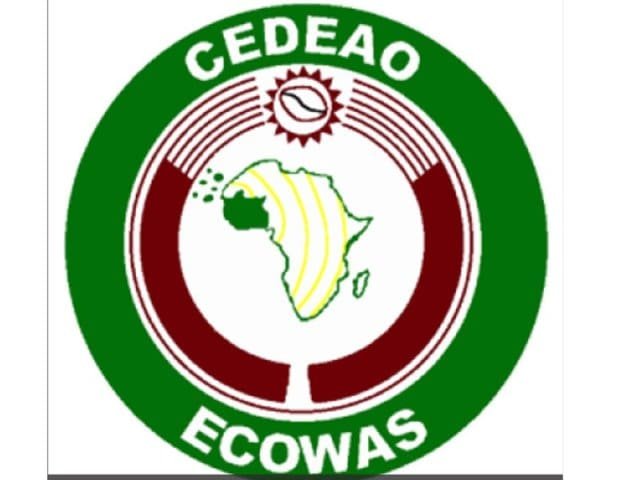The Economic Community of West African States (ECOWAS) held a crucial hybrid meeting on Monday, 20 May 2024, bringing together key stakeholders to formally launch the Regional Nutrition Agenda.
The event highlighted the integration of nutrition into agricultural policies and strategies, marking important progress in addressing nutrition challenges in the region.
In his opening remarks, Alain SY Traoré, Director General of Agriculture and Rural Development, said that the prevalence of stunting, wasting and overweight among children under five in West Africa was 30.9% (20.2 million people) and 6.9% (20.2 million people), respectively. 4.5 million people) and 2.7% (1.8 million people) (FAO et al., 2022), highlighting that nutrition remains a concern in the region.
Additionally, the Sahel and West Africa region is facing severe food and nutritional insecurity, with approximately 42.5 million people classified as being in a “critical situation or worse” during the June-August 2023 harvest season. He explained that there is a possibility that Director Alan said that in order to alleviate the challenges of nutrition, the Department of Agriculture has decided to conduct a thorough study to determine the extent to which nutrition is integrated into the policies, strategies and plans of the Agriculture Department. Stated. This is because it contributes to creating a favorable environment in the Sahel countries (ECOWAS member states, Chad, Mauritania).
In his goodwill message, Issoif Baur, representative of the EU-funded PAGR SANAD project, highlighted the cooperative efforts and support for this initiative by various projects and organizations.
To improve the situation, the Regional Nutrition Agenda, approved by technical personnel, Member States and UN FAO, UNICEF and WFP officials, is based on diagnostic studies carried out in ECOWAS countries, Mauritania and Chad in line with international commitments and aims to strengthen the contribution of the agricultural sector to improving the nutrition situation in West Africa by integrating nutrition into agricultural policies, strategies and plans.
Speaking at the event, Ms. Fatmata Lucia Setwo, ECOWAP/CAADP Monitoring and Evaluation Programme Officer, Department of Agriculture and Rural Development, outlined the vision, guidelines, objectives, strategic priorities, expected outcomes and regional activities/key operations towards eradicating all forms of malnutrition and achieving “Zero Hunger” by 2030.
A detailed regional nutrition agenda and an action plan for integrating nutrition into agricultural policies and strategies were also presented. This comprehensive plan includes actionable steps and measurable targets to improve nutritional outcomes.
According to a report distributed by the APO Group on behalf of the Economic Community of West African States (ECOWAS), the discussions provided a platform for participants to engage, share insights and contribute to improving the action plan. Discussions emphasized the importance of multisectoral cooperation and community engagement to achieve the goals of the agenda.
The Director-General appreciated the efforts of technical and financial partners, particularly CILSS, the European Union, FAO, WFP, UNICEF, UEMOA and ROPPA, expressed his confidence in the Directorate and reaffirmed ECOWAS’s commitment to support improved nutrition in the region.
After enthusiastic discussions and exchanges of views, Director-General Alain Sy Traoré formally announced the regional agenda and action plan on behalf of President Omar Touray and Commissioner for Economy and Agriculture Masanje Touré Lice. These will be used as a basis for discussion as we approach 2025, when sector policies will be reviewed.
GIK/APA

